The savory richness of butter is perfectly complemented by a variety of herbs. These flavored butter spreads are also simple and easy to make at home.
To prepare, just soften the butter, finely chop the desired herbs (more intense flavors like thyme and rosemary work best; mild herbs such as parsley and basil are more versatile), and mix together. Once combined, simply roll into a log, wrap in wax or parchment paper, and refrigerate.
Enhance the Flavors of Various Dishes
Herb butters are a great way to elevate simple dishes. They can take the flavor of a steak, roasted vegetables or even a plate of fresh bread to the next level.
Depending on your recipe, you can use either fresh or dried herbs. Dried herbs are more potent than fresh, so you need to use a much smaller amount to get the same effect.
Combine softened butter with your chosen add-ins, mixing well to evenly distribute them. You can experiment with many different combinations, including savory flavors like garlic, or sweet ones like lavender.
When you're ready to make your herb butter, dollop the mixture onto a sheet of parchment paper or plastic wrap. Roll the paper or wrap tightly to form a cylinder, then chill in the refrigerator until firm and sliceable. Serve as an appetizer with good baguette or crostini, or drizzle over a sizzling steak. You can also spread it on grilled corn or slather it on warm biscuits.
Elevate the Richness and Depth of Your Dishes
Butter flavored with herbs adds a touch of luxury to any dish. It can make your meals look and taste as though they were prepared at a Michelin-starred restaurant. It can be used for a wide variety of dishes including steak, baked potatoes, chicken, fish, and vegetables.
Herb butters can be made with different herbs including parsley, thyme, basil, oregano, dill, and cilantro. Using fresh herbs rather than dried herbs is preferable, because the chopping process releases their flavor compounds and aromatic oils.
Making herb-infused butters, or compound butters, is a fun and easy way to upgrade your meals. It’s a great trick to have up your culinary sleeve, and it will impress your friends and family. You can use them for a wide variety of dishes and even for hors d’oeuvres. You can also store them in the fridge for a week or so.
Add a Luxurious Touch to Your Cooking
Herb butters are a great trick to have up your sleeve for elevating your everyday meals. Adding herb-infused butter to pastas, grilled steak, baked potatoes and other dishes can add the perfect finishing touch to any meal.
You can also use herb-infused butters to create delicious savory sauces for fish, chicken, and other meats. A quick pan sauce is easily made with a little herb-infused butter and a cup of wine or broth.
Besides flavor, herbs offer numerous health benefits such as vitamin C and anti-inflammatory properties. So, making your own flavored herb-infused butters is a good way to get all the benefits of these herbs. To make your own herb-infused butter, simply choose your favorite fresh herbs and mix them with softened unsalted butter. Then, form the butter into a log and refrigerate until firm. When ready to use, simply melt and spread. You can serve the herbed butter with a variety of savory foods or on a piece of bread for a tasty crostini appetizer.
Make Your Own
It's easy to make your own herb-infused butter. You can smear it on baguettes, use it to top grilled steak or even spread it over popcorn. Simply mix room temperature butter, herbs of your choice and salt together. A fork, potato masher or spatula will do the trick, but you can also use a food processor to get the job done quickly. Then shape the mixture into a log and refrigerate it until ready to use.
Herb butter can be a fancy touch at an elegant party or a simple way to dress up a weeknight dinner. It freezes and refrigerates well, so you can make a big batch and keep it on hand for a while. Just remember to take it out of the freezer at least an hour before you need it, so that it softens. This will help you get the most flavor out of it. The flavor will diminish the longer you store it, but within four months is typically the best window.
Frequently Asked Questions
What spices assist in recovery?
The use of spices to aid in healing is an ancient practice dating back centuries. Many spices have been used for their medicinal properties, including ginger, cinnamon, cayenne pepper, turmeric, and garlic. Each of these spices has unique benefits that can help with various health issues.
Ginger is known for its anti-inflammatory and antioxidant effects and can help reduce inflammation in the body. It can also be used to soothe an upset stomach or relieve nausea.
Cinnamon has been found to have a wide range of medicinal properties, including antiseptic, antifungal, antimicrobial, and antioxidant agents. It is even believed to help regulate blood sugar levels, making it beneficial in helping prevent diabetes.
Cayenne pepper has been used for centuries as a natural pain reliever and anti-inflammatory agent. It is also thought to increase circulation and metabolism, which can help the body heal more quickly.
Turmeric is an herb that contains curcumin, a powerful antioxidant. Curcumin is beneficial in treating various conditions, from arthritis and neurological disorders to cancer.
Garlic is packed with nutrients and has many health benefits. It can help reduce inflammation, act as antibiotic, lower cholesterol levels, and even boost the immune system.
These spices are all-natural ways to help the body heal and improve overall health. They can all be easily incorporated into food or taken in supplement form for convenience. While spices alone won't cure any ailments, they can play an essential role in aiding healing.
In addition to spices, there are also other natural remedies for healing, such as herbs, essential oils, and homeopathy. Research has shown that many of these remedies can be effective in treating a variety of conditions. If you're looking for an alternative to conventional medicine, consider incorporating some of these natural remedies into your health routine.
How is basil used for medicinal purposes?
In ancient times, doctors would prescribe basil leaves to treat colds and coughs. Today, basil contains powerful anti-inflammatory properties, making it an ideal remedy for arthritis, asthma, bronchitis, eczema, gout, hay fever, indigestion, migraines, menstrual cramps, sinus infections, sore throats, ulcers, varicose veins, and more.
Basil is also known for its ability to help protect against cancer, heart disease, diabetes, skin conditions, and even aging.
Basil is often referred to as "the herb of grace" because it helps us relax and unwind after stressful situations. It is also said to improve memory and concentration, boost energy levels, increase libido, and enhance athletic performance.
The list goes on and on. Basil is a versatile plant that offers a wide range of benefits for our health and well-being.
What are the side effects of basil?
Basil is an herb that originated in tropical regions of India, Africa, China, Indonesia, Malaysia, Thailand, Philippines, Mexico, Puerto Rico, Jamaica, Costa Rica, Panama, Colombia, Venezuela, Brazil, Peru, Ecuador, Bolivia, Paraguay, Uruguay, Argentina, and Chile.
The plant is easy to grow in most climates and requires little maintenance. Basil also thrives in poor soil conditions and is very drought tolerant.
As for the health benefits, more than 200 known compounds are found in basil, including flavonoids, phenolic acids, lignans, polysaccharides, essential oils, vitamins, and minerals.
According to the University of Maryland Medical Center, basil contains powerful anti-inflammatory properties which may help relieve symptoms associated with arthritis, asthma, allergies, bronchitis, cancer, cardiovascular disease, diabetes, digestive disorders, depression, eczema, insomnia, infections, migraines, osteoporosis, psoriasis, respiratory problems, stress, and ulcers.
Basil is also a culinary spice and is often added to tomato sauces, soups, salads, pasta dishes, rice dishes, dips, casseroles, pizza toppings, pesto, chicken wings, and popcorn.
However, like all herbs, basil should be consumed in moderation. Too much of anything is not good for you. For example, eating large amounts of basil could lead to stomach upset. And if you have sensitive tummies, avoid consuming basil during pregnancy.
If you are pregnant or nursing, consult your doctor before taking herbal supplements.
You should only take one type of supplement at a time. If you take other medications, make sure they do not interact with each other.
You should never use herbs while on medication unless directed by your doctor.
Some people experience allergic reactions when using herbs, especially those allergic to ragweed. Symptoms include hives, swelling around the mouth or eyes, shortness of breath, chest tightness, nausea, vomiting, diarrhea, headaches, dizziness, fainting, heart palpitations, blurred vision, loss of consciousness, seizures, or even death.
Some people who take certain medications may develop an allergy to basil. These drugs include:
- Antacids (like Alka Seltzer)
- Anti-anxiety medicines (Valium, Xanax, Ativan, etc.)
- Beta-blockers (like Propranolol)
- Blood thinners (like Coumadin)
- Calcium channel blockers (like Amlodipine)
- Cholesterol-lowering drugs (like Lipitor, Zocor, Mevacor, and Pravachol)
- Diabetes medicine (like Glucophage)
- Diuretics (like Lasix)
- Heartburn medicines (like Prilosec OTC)
- Hormone therapy (like Premarin, Tamoxifen, Femara)
- Insulin (like Humalog, Lantus, Novolin R)
- NSAIDs (like Aleve, Motrin, Advil, Excedrin, Tylenol, Ibuprofen)
- Oral contraceptives (like Ortho Evra, Yasmin, Loestrin, Ovrette, Yaz, and Seasonale)
- Pain relievers (like Aspirin, Celebrex, Vicodin, Percodan, Darvocet, Dilaudid, Fiorinal, Tylenol 3s, Naproxen, Motrin, Tramadol, Ultram, Voltaren
Which plant can heal wounds?
Plants are amazing creatures. They grow, they live, and they die. They make food, clean our air and water, and help keep us healthy. But plants also do more than that...they heal wounds.
Plants release molecules called phytochemicals when they are injured. These chemicals act as antioxidants, which protect cell membranes from damage and promote healing.
Phytochemicals found in plants include flavones (found in citrus fruits), terpenoids (present in mint leaves), and polyphenols (common in berries).
In addition to these protective compounds, plants contain proteins, vitamins, minerals, amino acids, fatty acids, and carbohydrates that support the body's natural processes of healing.
The best way to use plants to heal wounds is to consume them directly. However, there are ways to apply the power of plants to treat wounds without eating them.
First, soak a cotton ball in an extract from the St John's Wort herb. This product contains salicylic acid, which helps reduce inflammation.
Next, place the soaked cotton ball on the wound. Avoid applying the herb directly to open cuts, burns, or puncture wounds. If you feel any burning sensation, remove the herb immediately.
You may also find that placing a few drops of essential oil on the affected area promotes faster healing. Lavender essential oil reduces swelling and speed recovery; rosemary stimulates blood flow and increases circulation; peppermint relieves headaches and muscle aches.
If you want to try your hand at growing some of your medicinal herbs, here are some tips:
- Start with small pots, so you don't end up with too much of one particular type of plant.
- Grow several different types of herbs together. The same goes for flowers and vegetables. Mixing it up will ensure you get all the benefits of each plant.
- Use organic fertilizer if you're growing your herbs indoors. Non-organic fertilizers may be harmful to your health.
- Harvest regularly. You'll enjoy the freshness of homegrown herbs, but leave enough time between harvests to allow the soil to replenish itself.
- Be careful not to overwater your plants. Overly wet soil encourages mold growth, which isn't suitable for your herbs.
- Wash your hands after handling your herbs. You don't want to risk spreading bacteria onto your plants!
What herbs should you take daily?
Depending on your health and wellness needs, many herbs can be taken daily to help improve your overall health.
Popular herbs for daily consumption include ashwagandha, turmeric, ginger, holy basil, chamomile, lavender, peppermint, and cayenne pepper. Ashwagandha is an adaptogenic herb that can help the body resist stress and anxiety. Turmeric is known for its anti-inflammatory properties, while ginger has been shown to aid digestion and boost immunity. Holy basil may help with managing blood sugar levels, as well as providing a calming effect. Chamomile can promote relaxation, while lavender is used in aromatherapy for its calming properties. Peppermint can help aid digestion and reduce nausea, while cayenne pepper has antibacterial properties that may boost your immunity.
As always, you must consult your doctor before taking herbs daily to ensure they are safe for you and do not interact with any other medications or herbs you may be taking.
There is no shortage of information on what foods we should eat and how much exercise we should do. But when it comes to what supplements we should take, there is a dearth of knowledge.
This is because most of us aren’t sure which ones work or which are junk. So we go online and look up whatever we can find.
But often, these articles are written by companies trying to promote their products. Which means they're usually biased toward their product.
So instead of finding unbiased advice, we end up reading marketing hype.
This makes sense since marketers make more money selling stuff than doctors.
The medical industry isn’t even allowed to advertise directly to consumers anymore. The best way to learn about natural remedies is to read independent reviews.
This is where you'll find real users sharing their experiences with each supplement. These sites give you an honest opinion of whether or not a particular herb helps.
Users will often share their experience with a supplement after taking it. This gives you a good idea of its effectiveness and any side effects.
You can also check out forums dedicated to herbalism. Here you can ask questions and receive answers based on personal experience.
Of course, there are plenty of other ways to learn about herbs.
There are books, websites, blogs, videos, podcasts, and classes. All of them provide valuable information about natural remedies.
Statistics
- The herbs market is highly competitive, with over 1,000 herb suppliers and over 15,000 herbs products available in the United States alone.
- For those with high cholesterol, garlic supplementation appears to reduce total and/or LDL cholesterol by about 10-15% (72Trusted Source73Trusted (healthline.com)
External Links
[TAG48]
- Antioxidant capacity of 26 spice extracts and characterization of their phenolic constituents - PubMed
- Cinnamon: A Multifaceted Medicinal Plant - PMC
[TAG51]
[TAG53]
[TAG55]
How To
What to look for in herbs?
Herbs contain natural compounds that may help treat various conditions. In addition, herbal remedies may provide relief when used along with conventional treatments.
Herbal remedies include teas, capsules, tablets, ointments, creams, lotions, oils, and topical applications. Some of these products are meant to be taken internally, while others are applied externally.
The most common uses of herbal remedies include relieving minor aches and pains, treating cold symptoms, reducing fever, controlling coughs and sore throats, easing digestion problems, soothing skin irritations, alleviating menstrual cramps, and providing general health benefits.
When buying herbs, look for the following:
- Freshly picked plants. Avoid dried herbs unless they've been stored in a cool place. If possible, buy herbs directly from farmers' markets.
- Pure extracts. These are made by extracting the active ingredients from herbs using alcohol or water. Look for 100% pure extractions.
- Certified organic herbs. Organic herbs must meet strict standards set forth by the USDA.
- Natural flavors. Many herbs have strong scents that can overwhelm other foods. Adding flavorings such as vanilla, almond, or orange helps mask their smell.
- Potency. The amount of active ingredient per unit weight varies depending on the type of herb.
- Packaging. When purchasing herbs, check the packaging to ensure that it's clean and free of chemicals.
Resources:
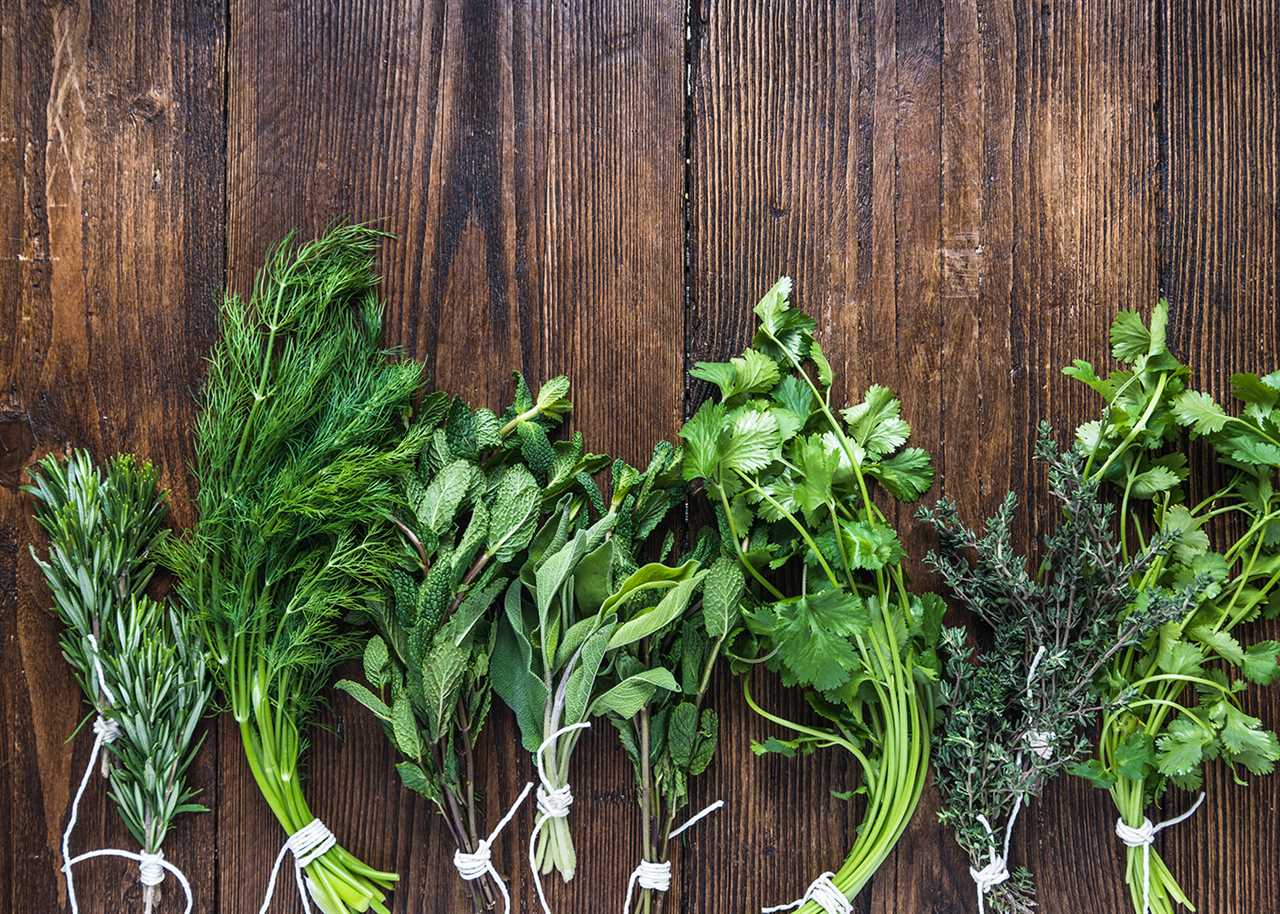 |
[TAG57]Welcome to BelovedSaffron.com, where we celebrate all the wonderful flavours of spices and herbs worldwide! We are not just chefs but food.. |
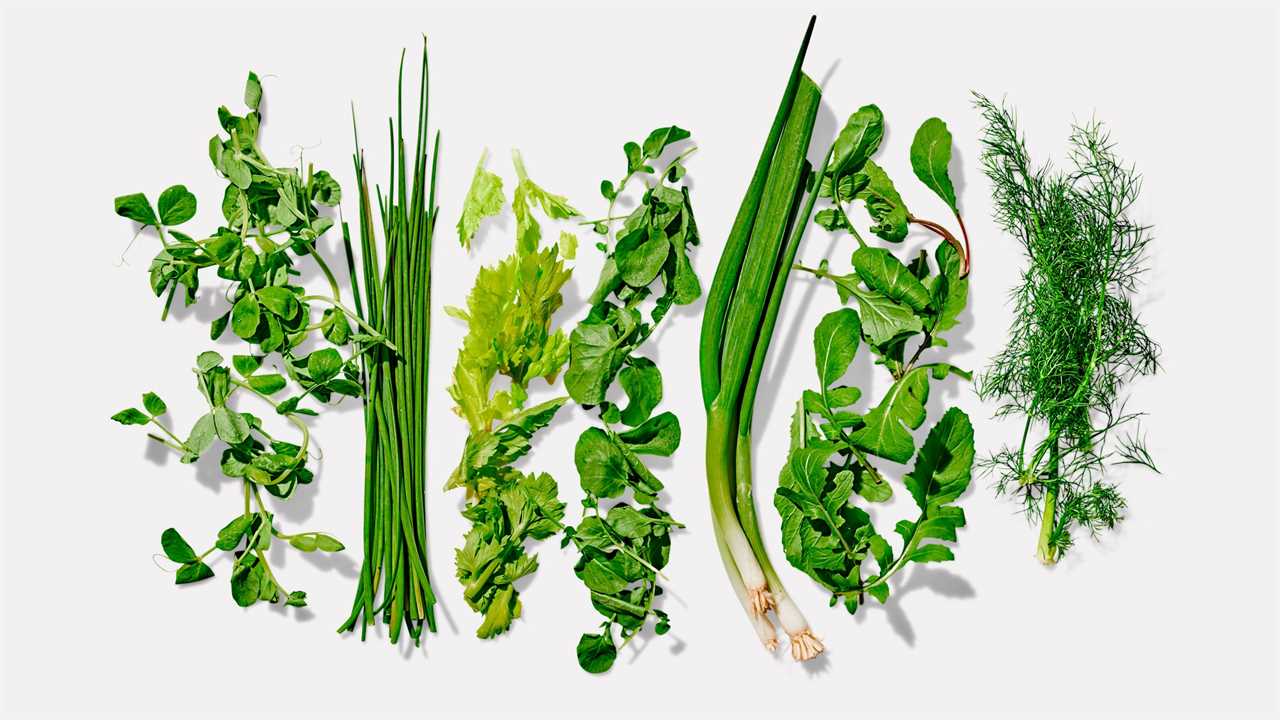 |
[TAG58]Discover the wonders of global cuisine at Belovedsaffron.com! Our mission is to bring you spices, herbs and organic food from all over the world,.. |
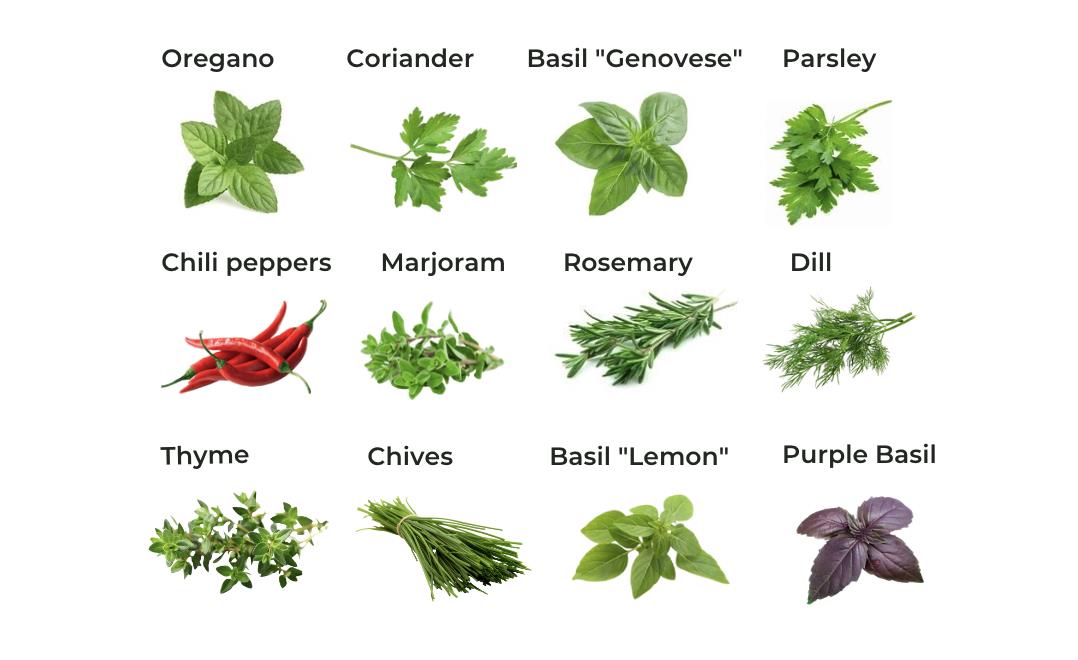 |
[TAG59]Farming of Smokable Organic Herbs Plant |How To Make A Herbal Smoking Blend| For more infromation visit our website https://farmingdiscovery.com/ 7 |
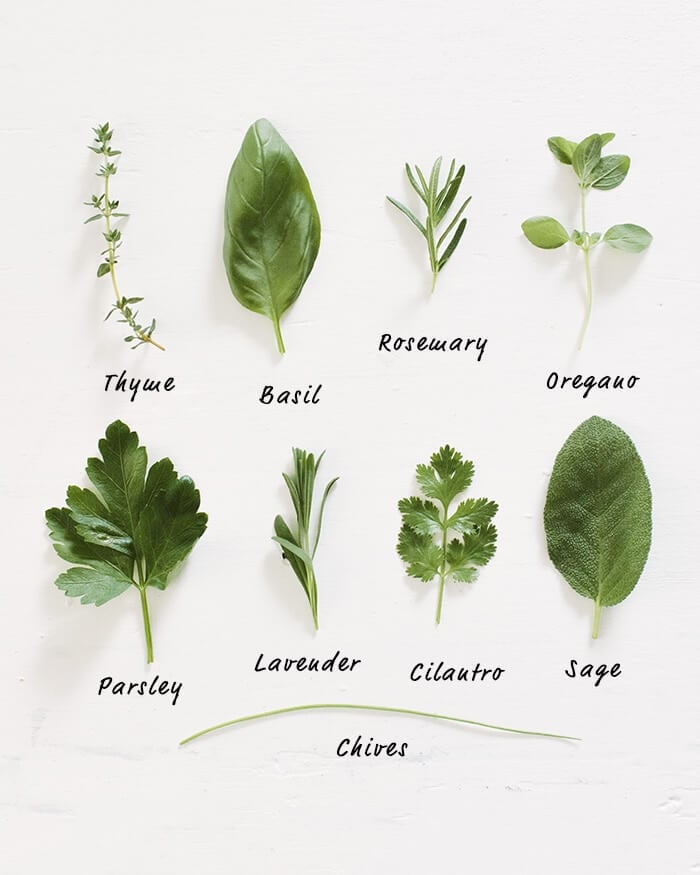 |
[TAG60]African herbs have been used for cleansing, perfuming, beautifying and healing for thousands of years. Today, they are an integral part of the global |
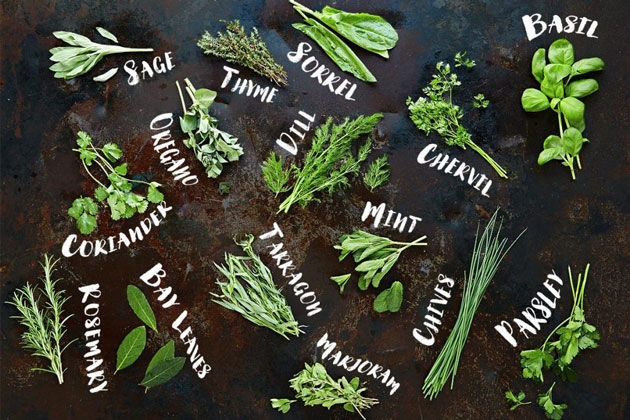 |
[TAG61]At Belovedsaffron.com, we combine our passion for spices, herbs and organic eating with a mission to deliver knowledge and flavors from around the.. |
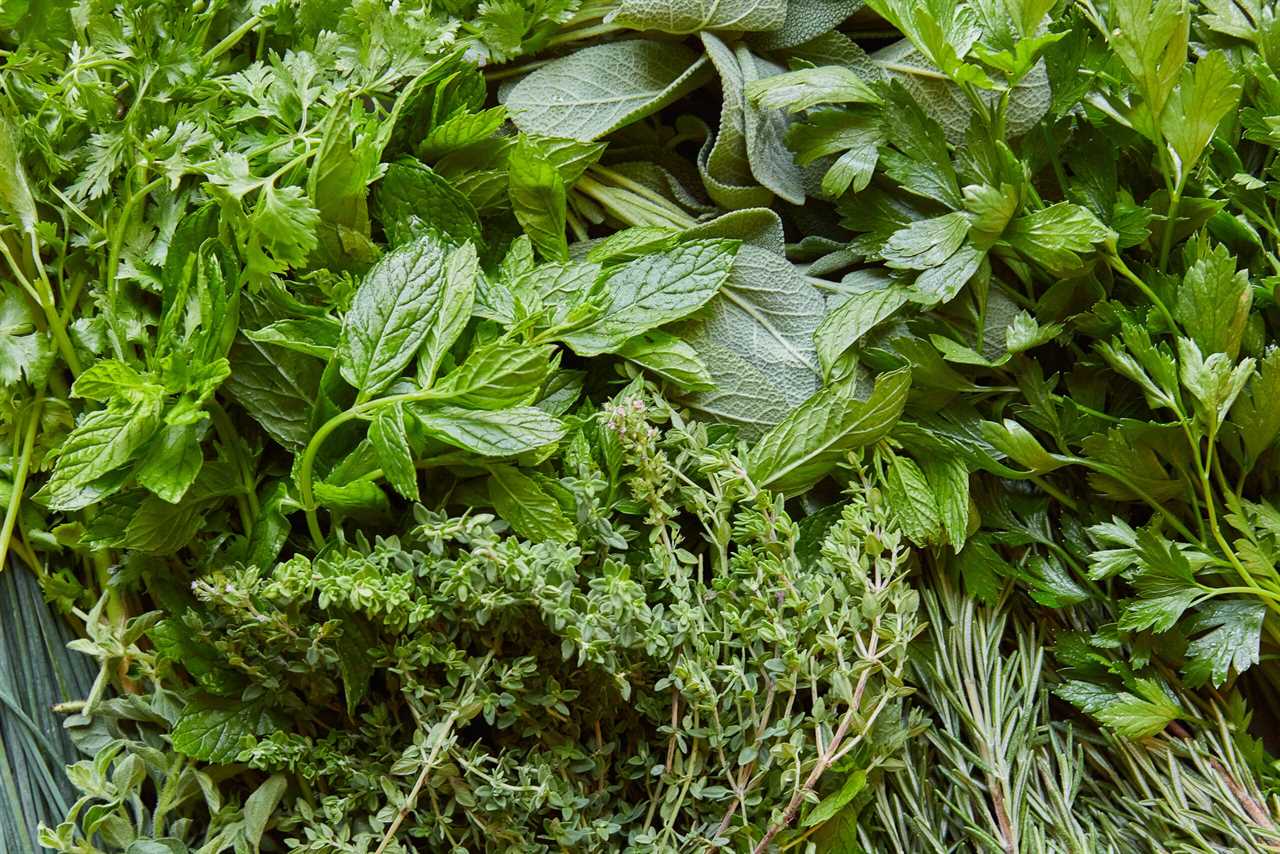 |
[TAG62]Welcome to Belovedsaffron.com, where we embrace everything related to spices, herbs, nutritious food, and organic eating! We are not professional.. |
 |
[TAG63]Red clover is a medicinal plant that has been used for thousands of years to treat various ailments. In this ... Read more |
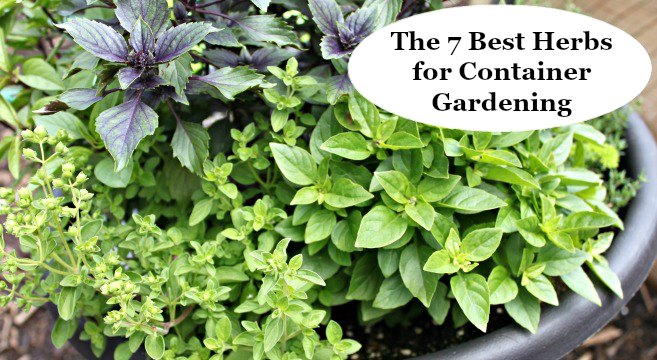 |
[TAG64]Eurycomanone is a major quassinoid compound found in Tongkat Ali (Eurycoma longifolia). It is often regarded as being responsible for ... Read more |
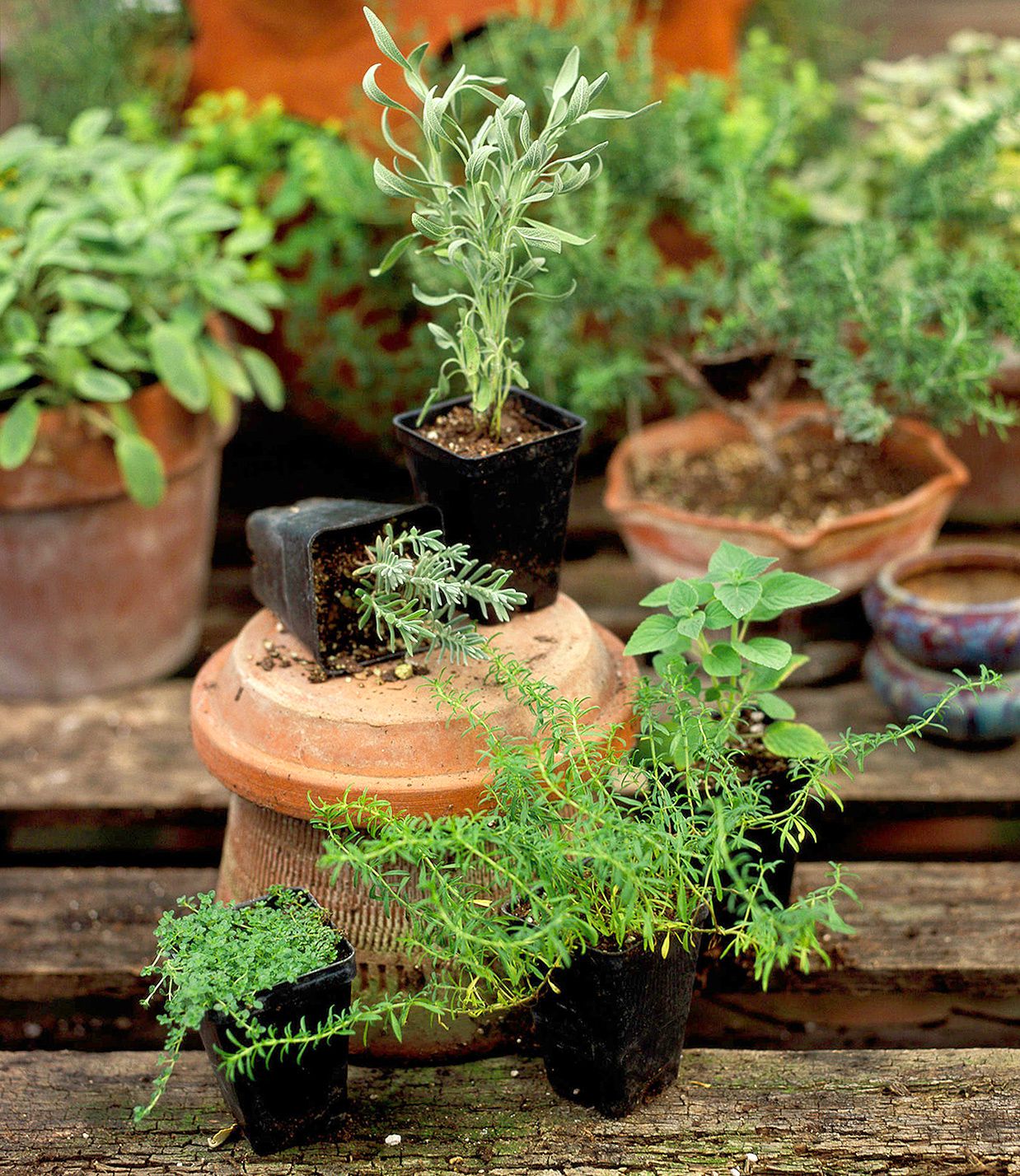 |
[TAG65]At Belovedsaffron.com, we combine our passion for spices, herbs and organic eating with a mission to deliver knowledge and flavors from around the.. |
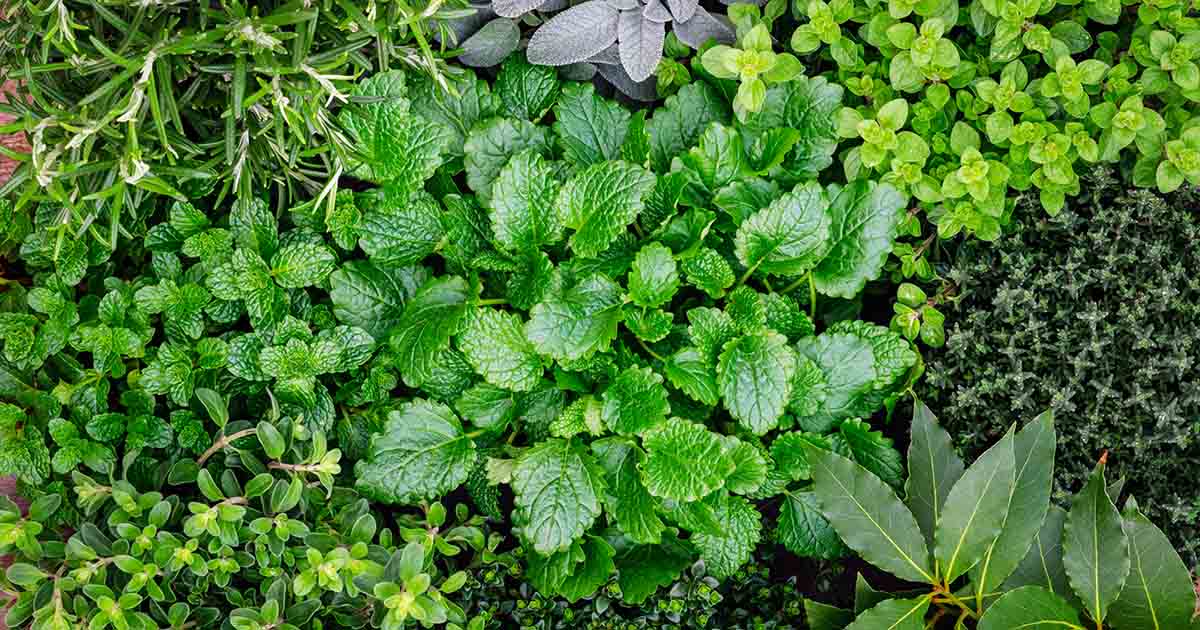 |
[TAG66]We understand that food has the power to connect us all, transcending cultures and distances. At Belovedsaffron.com, we are passionate about spices,.. |
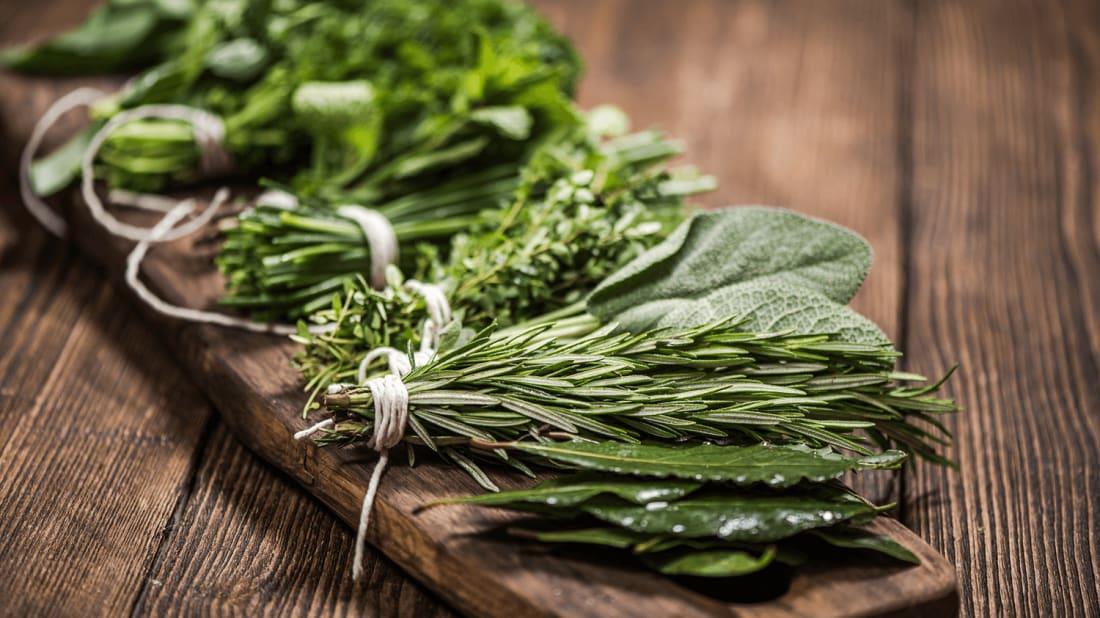 |
[TAG67]Learn herbs from respected professional herbalists offering world-class herbalist training. The NEW Professional Herbalist Course includes courses on over 600 |
 |
[TAG68]Genuinely embracing global flavours, BelovedSaffron.com invites food lovers and passionate chefs to explore a world of spices and herbs, organic food, |
 |
[TAG69]Traditional Spanish herbs are an excellent addition to roasted pork and ham dishes. They have a fresh, fragrant taste that adds a unique twist to the |
 |
[TAG70]Join me in this episode for a deep dive into linden tree medicine. I share my favorite recipe so you can enjoy the medicinal benefits of delicious linden tea. |
 |
[TAG71]00:00 - 03:15 Safed Musli 03:15 - 08:06 Emblica Officinalis 08:06 - 11:12 Licorice 11:12 - 14:41 Sarsaparilla 14:41 - 17:30 Fo Ti 17:30 - 19:21 |
 |
[TAG72]Welcome to Belovedsaffron.com, where we embrace everything related to spices, herbs, nutritious food, and organic eating! We are not professional.. |
 |
[TAG73]12 Easy To Grow Perennial Herbs #stylebyjoe #perennialherbs #easytogrowherbs #lavender #sorrel #rosemary #oregano #mint #baylaurel #chives #frenchtarragon |
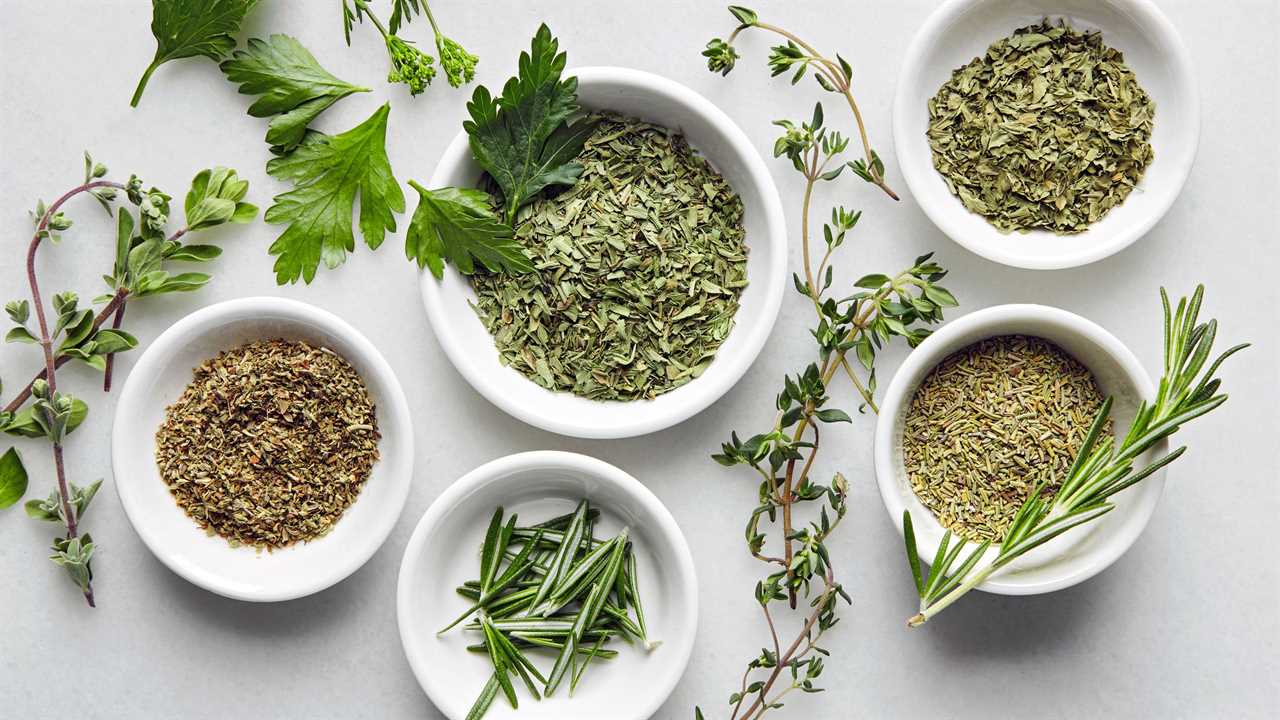 |
[TAG74]Discover how to dry herbs for cooking - simple and cheap! Watch this informative video and learn 3 efficient methods to dry herbs for cooking perfection. |
 |
[TAG75]Welcome to Belovedsaffron.com, where we embrace everything related to spices, herbs, nutritious food, and organic eating! We are not professional.. |
 |
[TAG76]At Belovedsaffron.com, we are passionate about spices, herbs, recipes and organic eating. It is our mission to bring awareness of flavors from around |
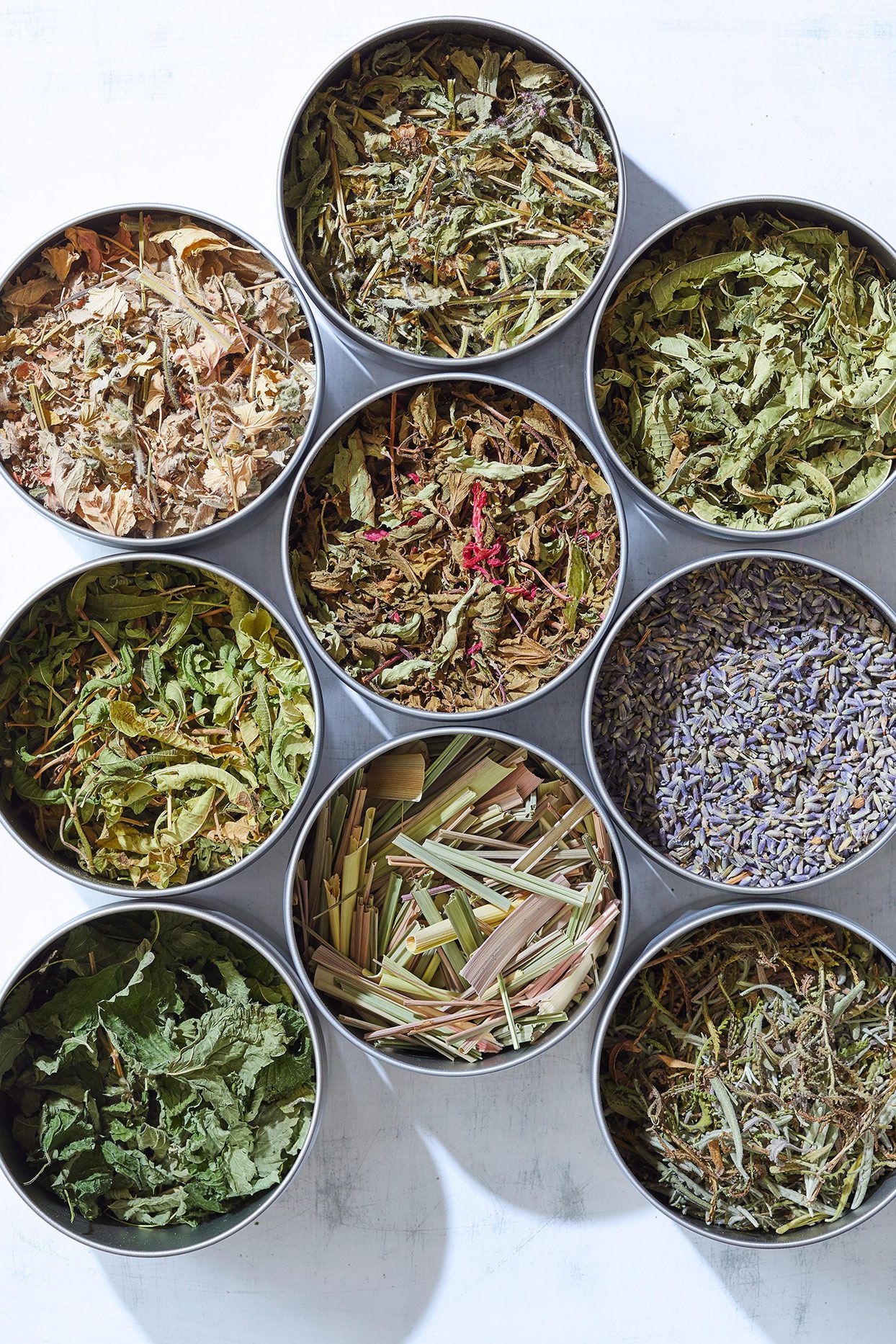 |
[TAG77]Welcome to Belovedsaffron.com, where we embrace everything related to spices, herbs, nutritious food, and organic eating! We are not professional.. |
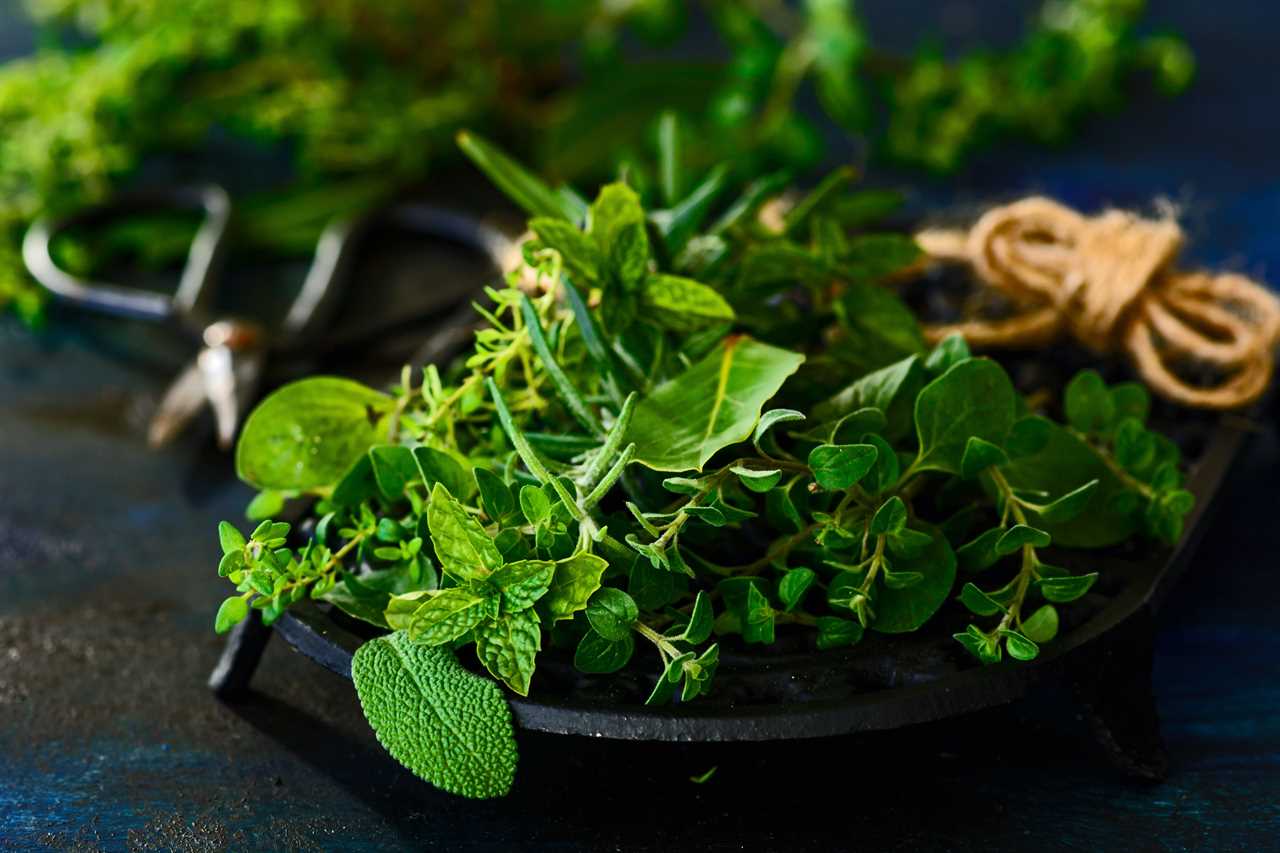 |
[TAG78]Find out more about herbs and how to use them |
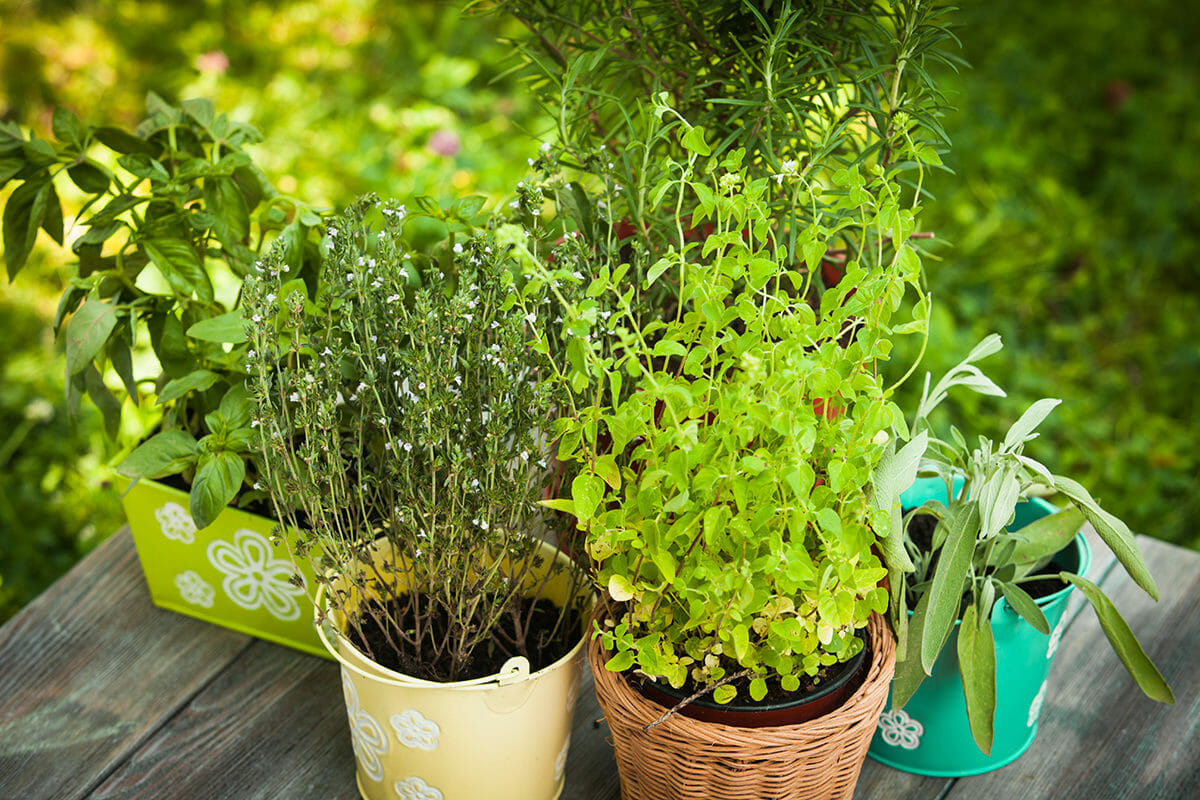 |
[TAG79]How To Detox/Cleanse (Dr. Sebi) In this video, I share information on how to detox (how to cleanse) and make herbal teas using Dr Sebi's |
 |
[TAG80]At Belovedsaffron.com, we're passionate about flavours, cultures and cooking wisdom from around the world. We seek to bring you closer to sustainable |
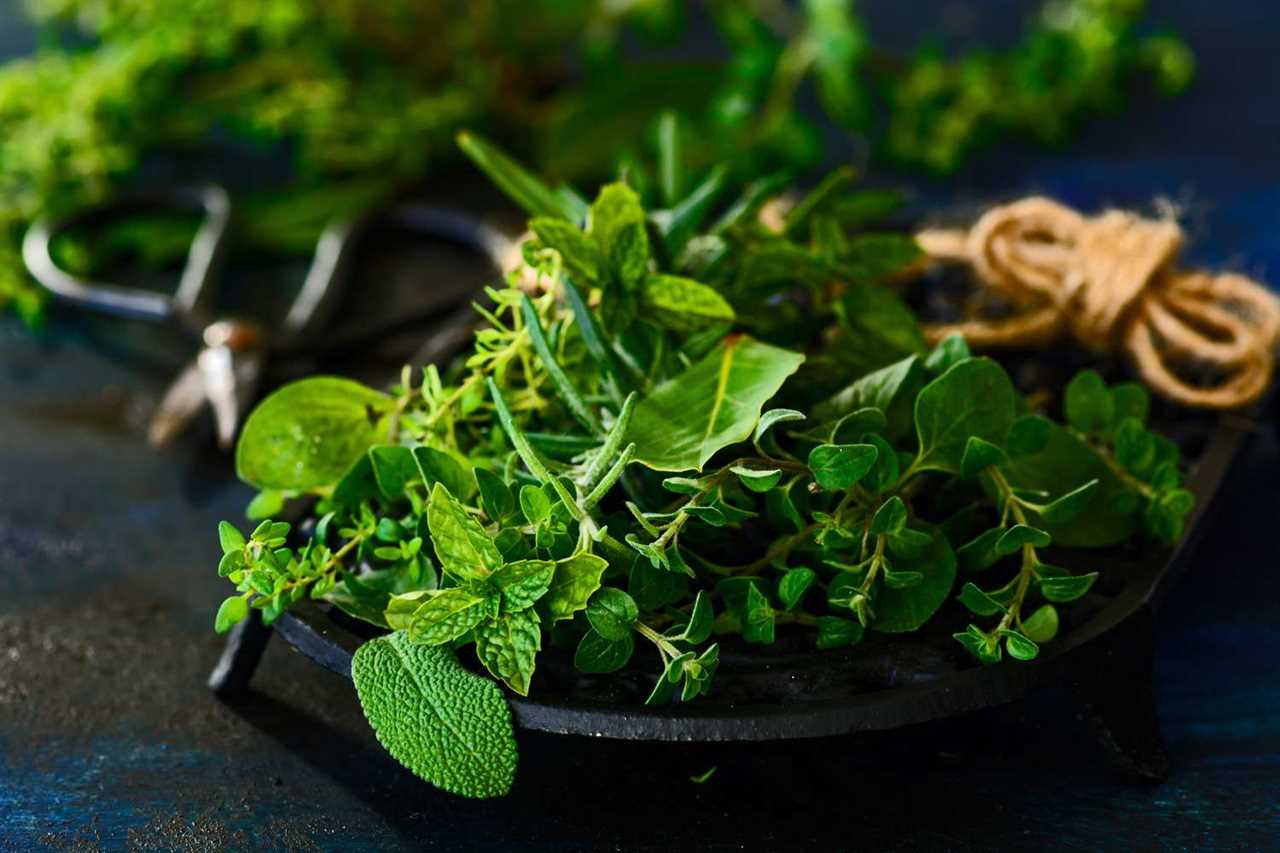 |
[TAG81]Elevating the everyday is our mission. At Belovedsaffron.com, we think the world deserves more than conventional cuisines — and more than take-out.. |
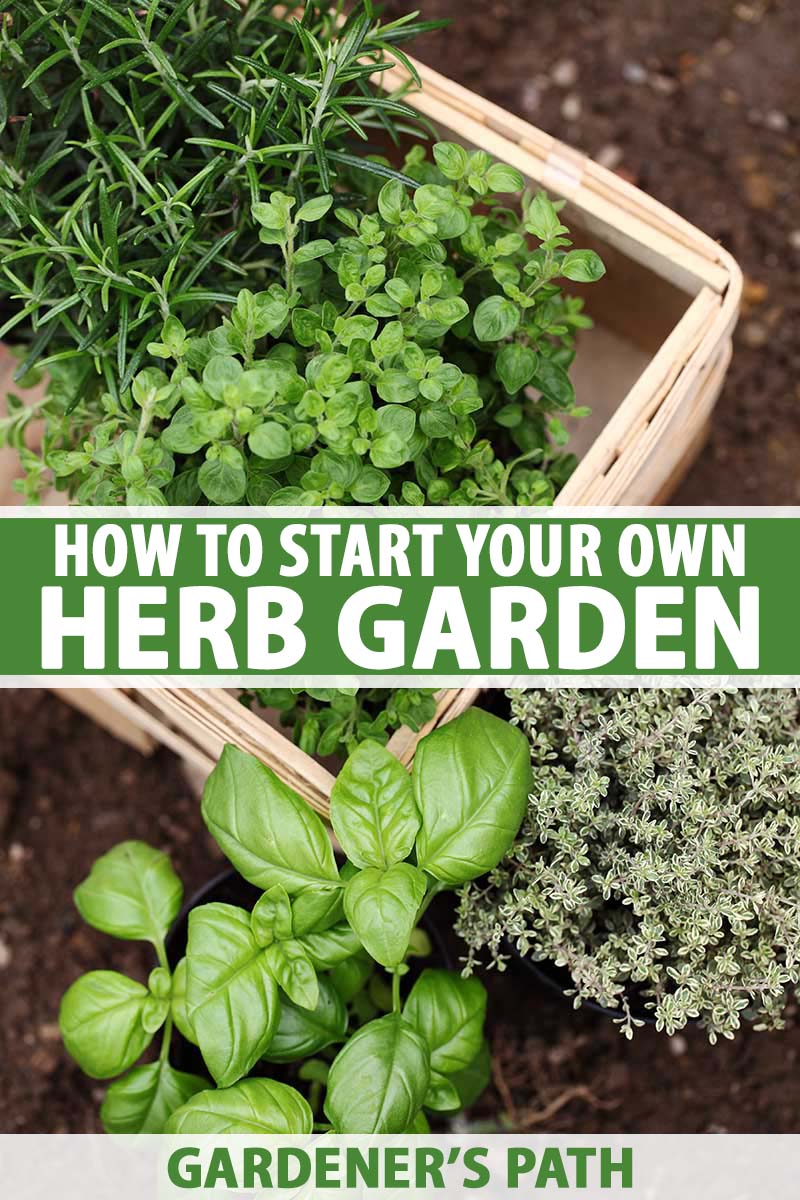 |
[TAG82]Today’s episode is all about holistic health. Macy Schuchart is an herbalist and the founder of Ancient Bliss supplement company, specializing in herbal |
 |
[TAG83]At Belovedsaffron.com, we believe that the key to good food and healthy eating is the proper use of spices, herbs, and other fresh ingredients. We.. |
 |
[TAG84]Genuinely embracing global flavours, BelovedSaffron.com invites food lovers and passionate chefs to explore a world of spices and herbs, organic food, |
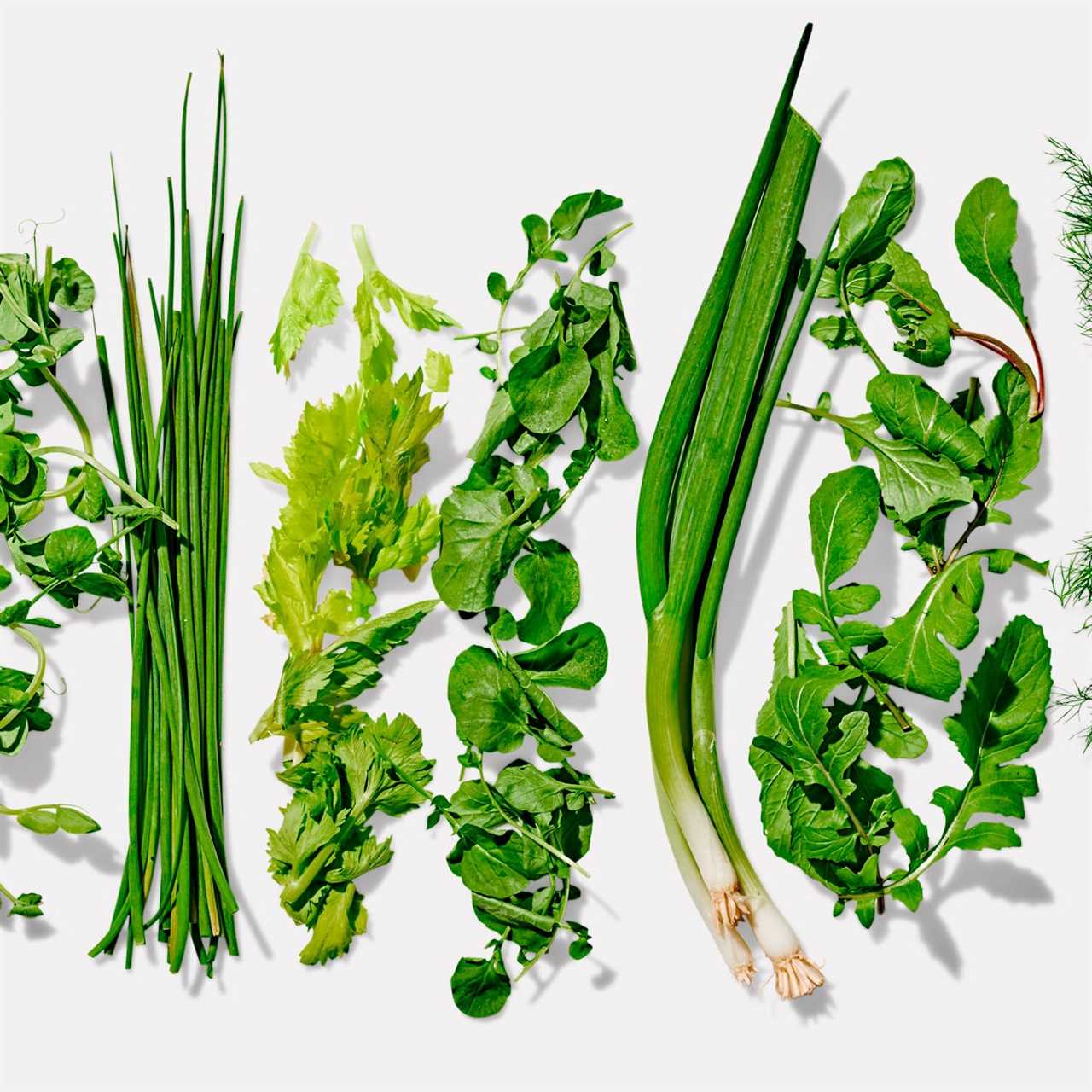 |
[TAG85]Elevating the everyday is our mission. At Belovedsaffron.com, we think the world deserves more than conventional cuisines — and more than take-out.. |
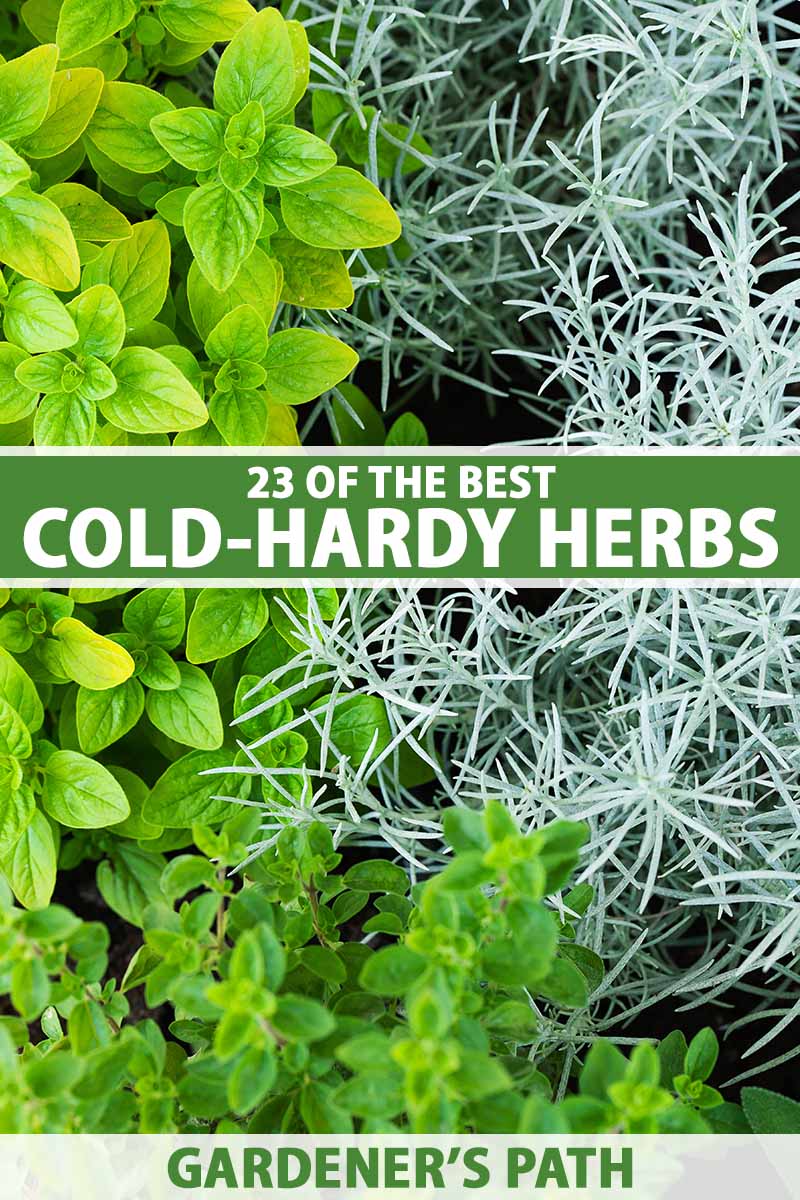 |
[TAG86]At Belovedsaffron.com, we combine our passion for spices, herbs and organic eating with a mission to deliver knowledge and flavors from around the.. |
 |
[TAG87]Welcome to Belovedsaffron.com, where we are passionate about spices, herbs, recipes and organic eating! Here you will find a wide range of spices,.. |
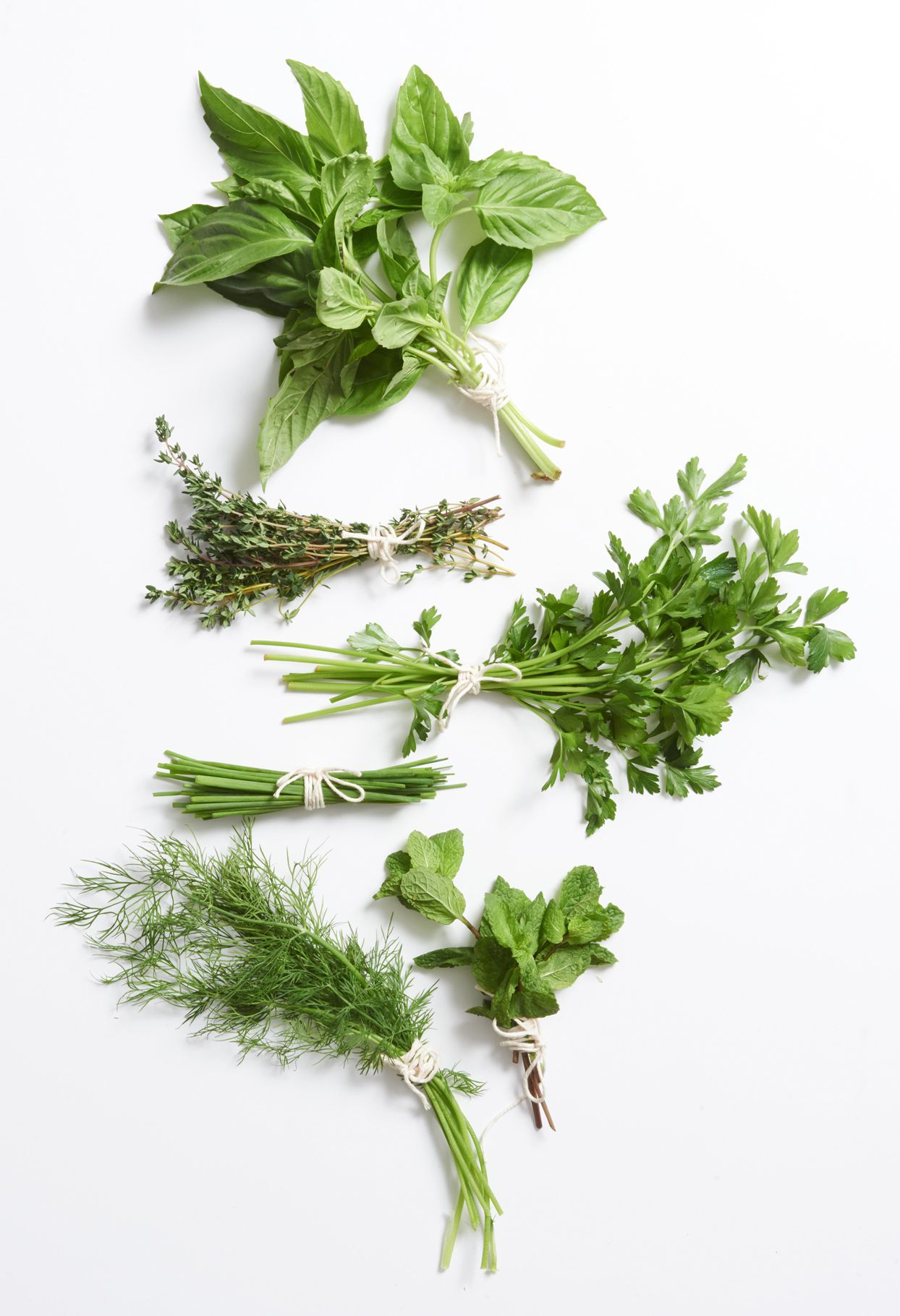 |
[TAG88]☘️Do you want to start to incorporate Chinese herbs in your cooking and diet? In this video, I, who is a Chinese Medicine Practitioner and Pharmacist, share |
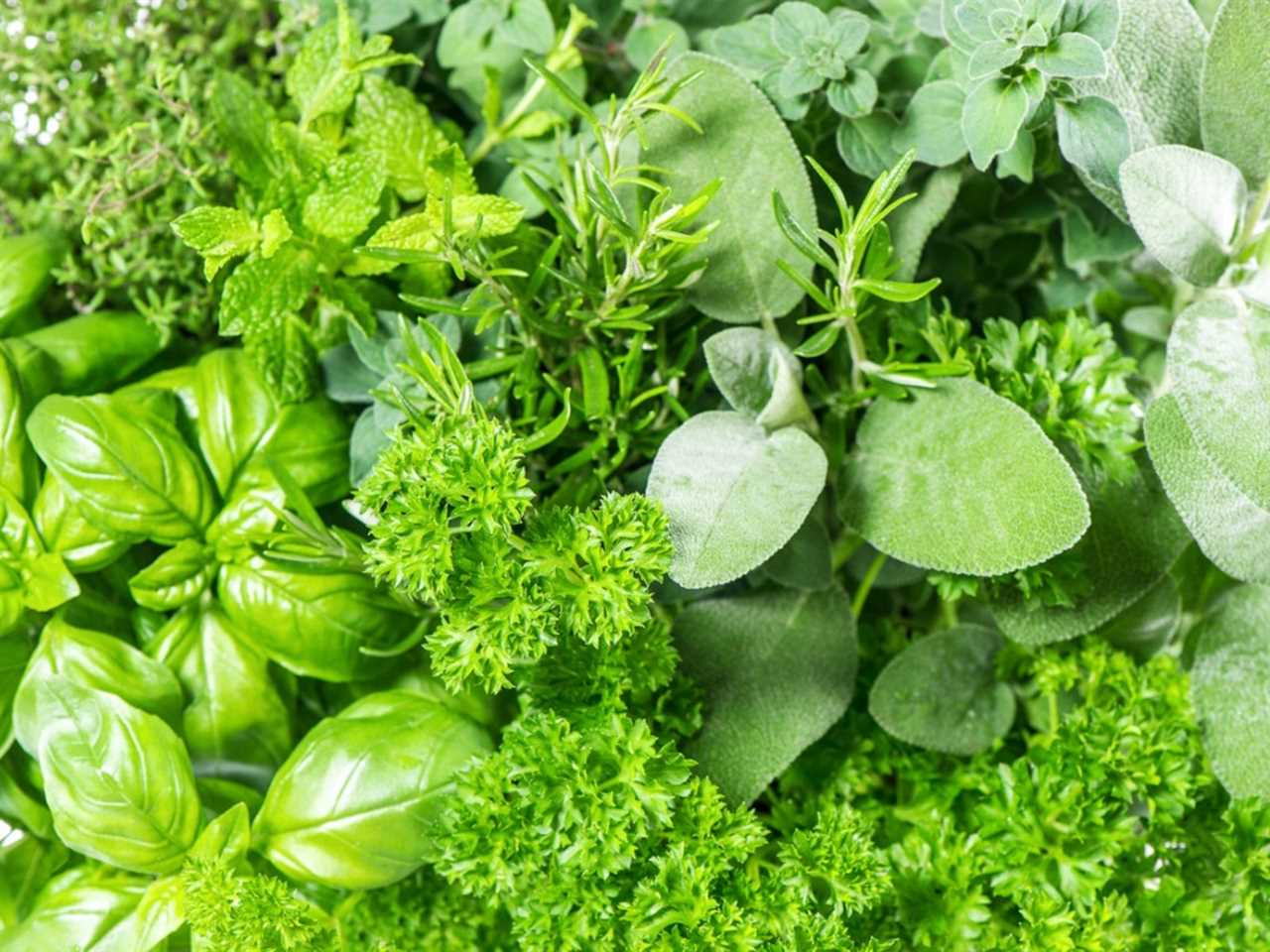 |
[TAG89]Like life, tea is what you make of it and The Cup of Life helps individuals enjoy tea in more than one way. Join me on my tea adventures through my blog! |
 |
[TAG90]Harvest jackfruit and bring it to the market to sell with your daughter. Processing and preserving precious medicinal herbs. Hope you guys enjoy the video. |
 |
[TAG91]In this video we will discuss a few herbs you can usr for brain health. These herbs can help woth Cognitive issues, depression, dementia, Alzheimer's, |
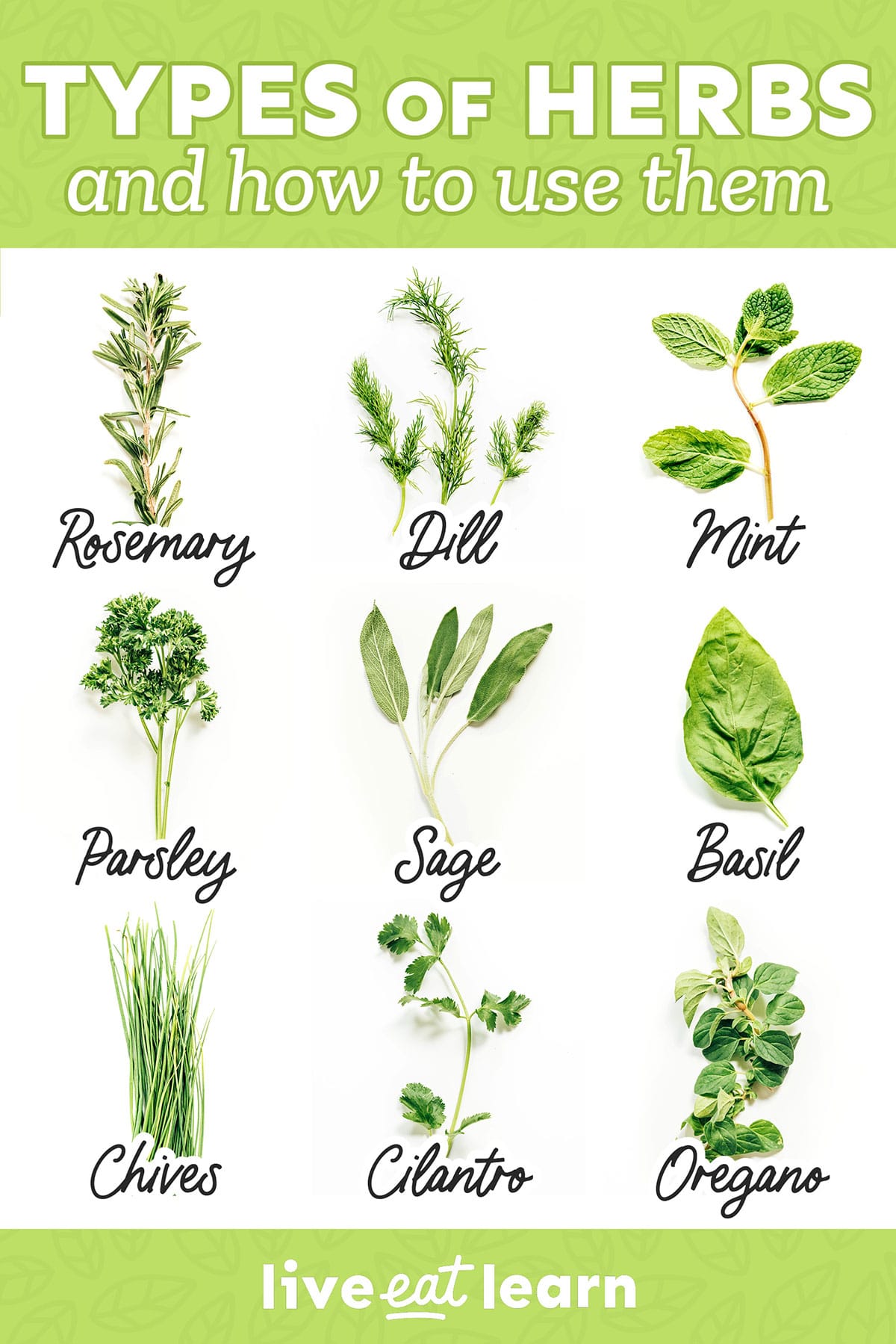 |
[TAG92]Stop buying over the counter Neosporin and start making your own safe, natural and soothing antibiotic ointment at home using ingredients you can source from |
 |
[TAG93]Lack of sleep can leave you with no energy, irritated, lethargic, and moody. Whether you struggle with falling asleep, waking ... Read more |
 |
[TAG94]I'll show you a compact, easy-to-travel-with natural first aid kit; a wonderful way to be prepared for everyday health concerns when you’re away from home! |
 |
[TAG95]Are you considering weight loss but would like to take a natural approach? Deciding to lose weight can seem daunting ... Read more |
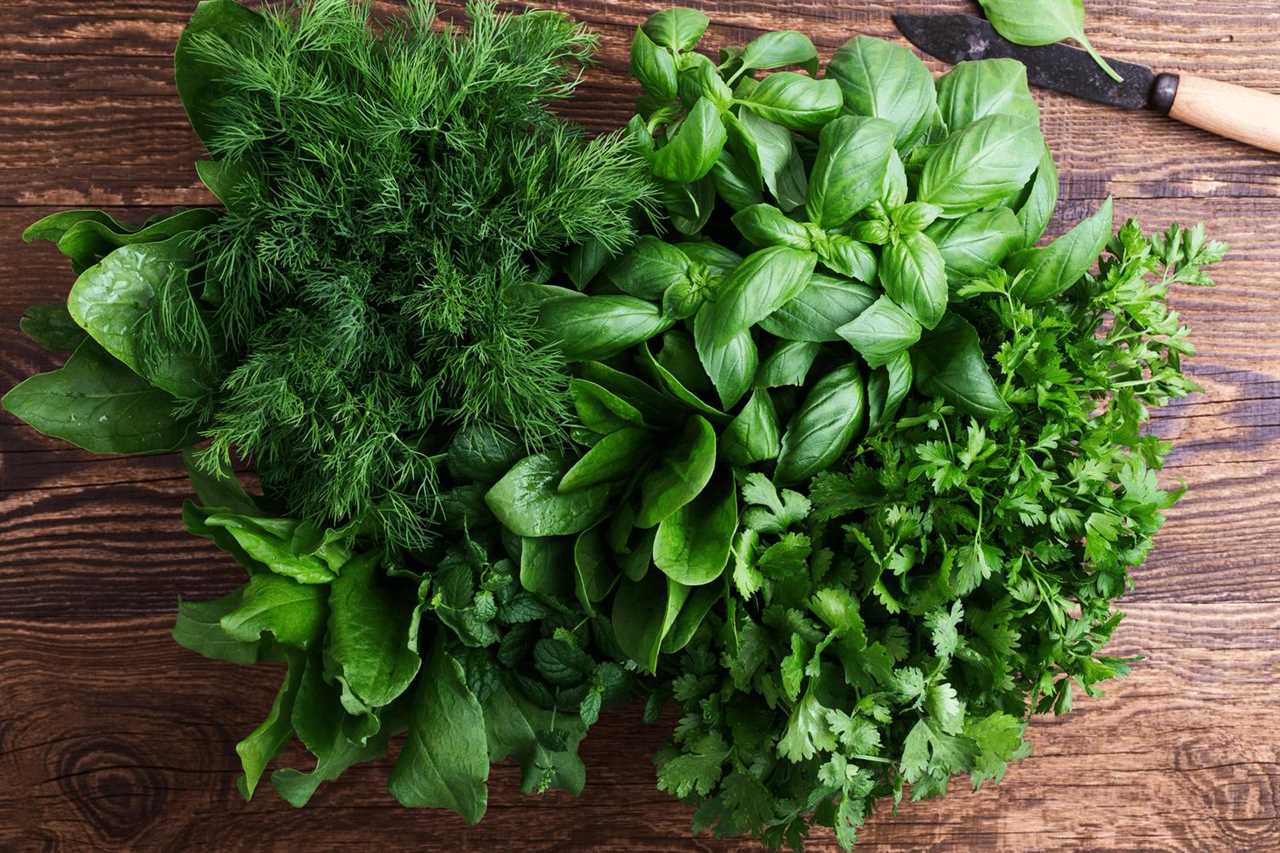 |
[TAG96]Arrowleaf balsamroot (Balsamorhiza sagittata) is a stunning flower, a nutritious food, and a potent herbal medicine that grows all over western North America. |
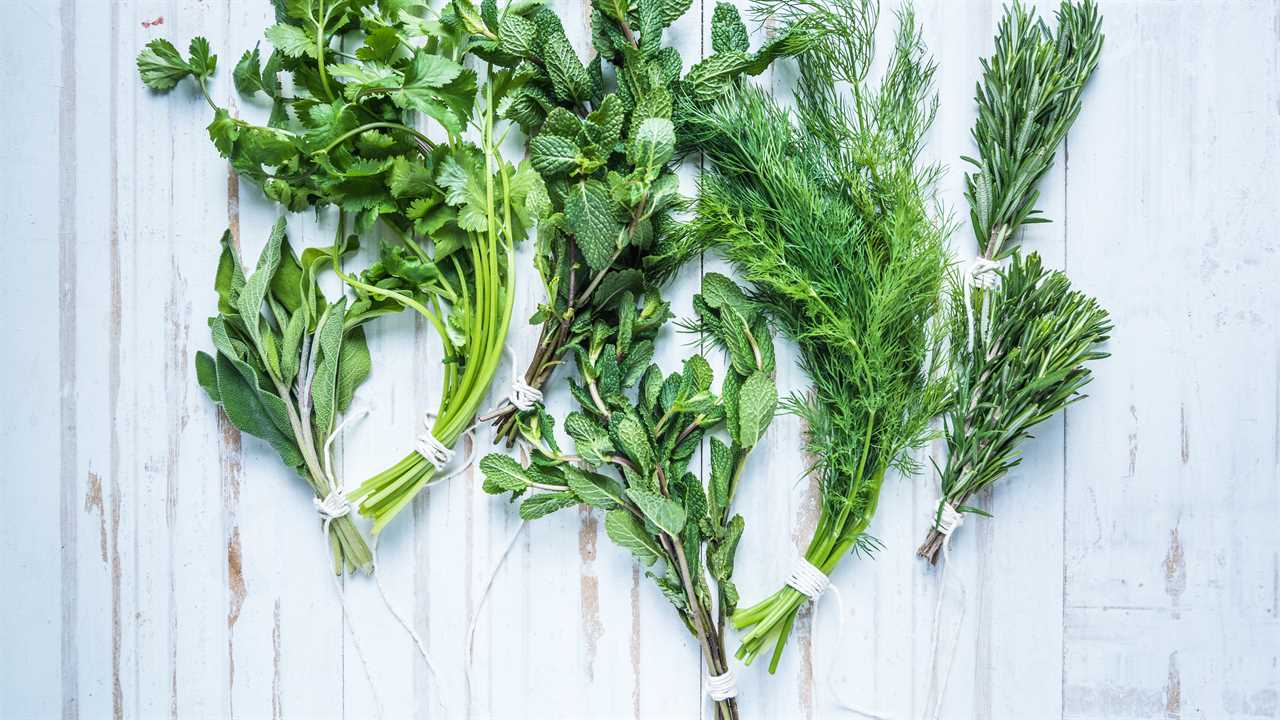 |
[TAG97]Join me and Chanchal Cabrera—an herbalist with 35 years of clinical practice in holistic oncology—as we talk about empowering yourself when faced with cancer |
 |
[TAG98]Join me and Chinese medicine practitioner Toby Daly to get to know the benefits of red sage, otherwise known as dan shen (Salvia miltiorrhiza) |
 |
[TAG99]Cistanche is a medicinal herb traditionally used to enhance immunity, boost fertility and sexual wellness, and support brain function and ... Read more |
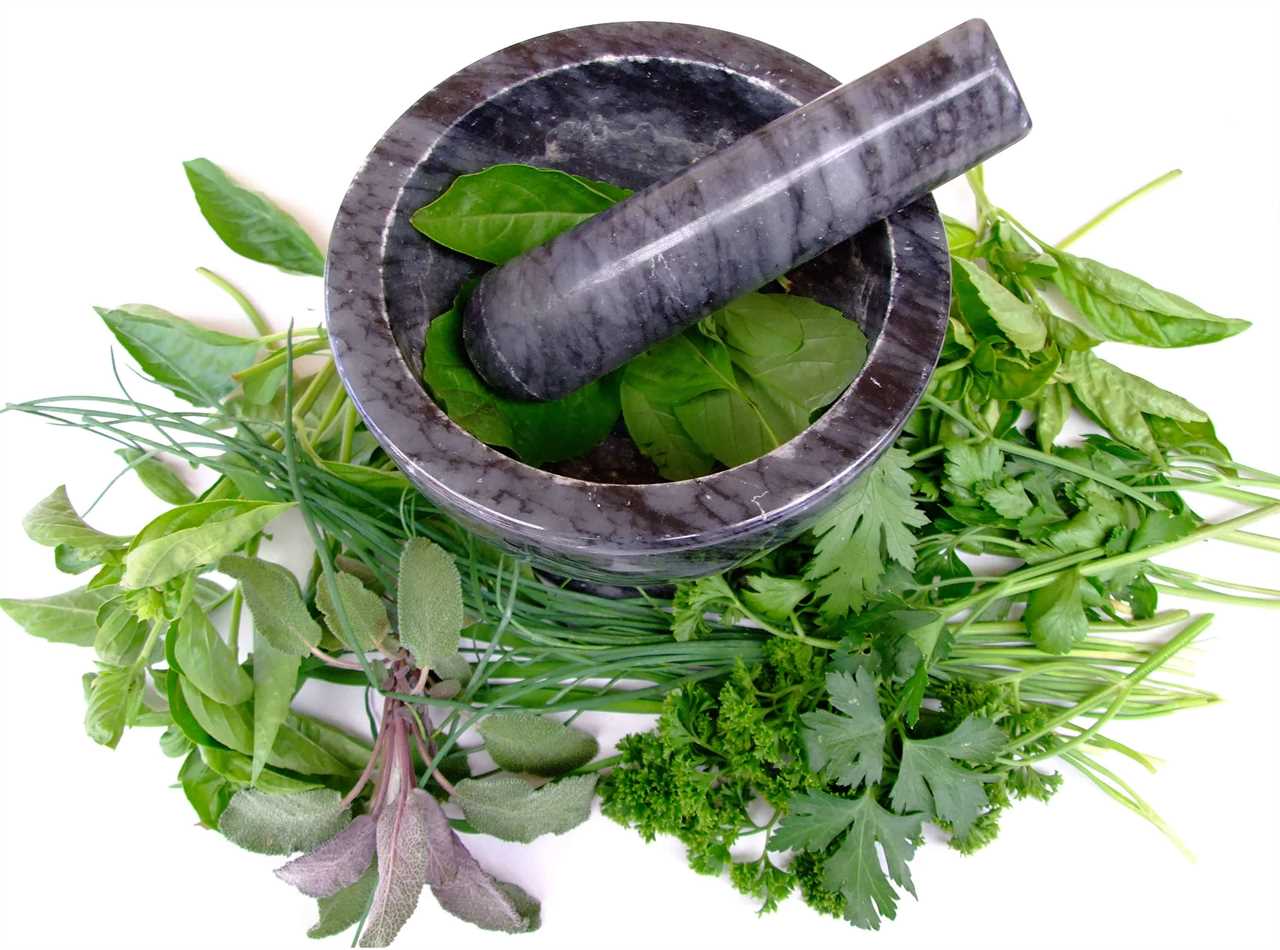 |
[TAG100]A tea assessment platform that rates teas based on objective quality markers and a sensory evaluation resulting in a list of the best teas produced each year. |
.png)





